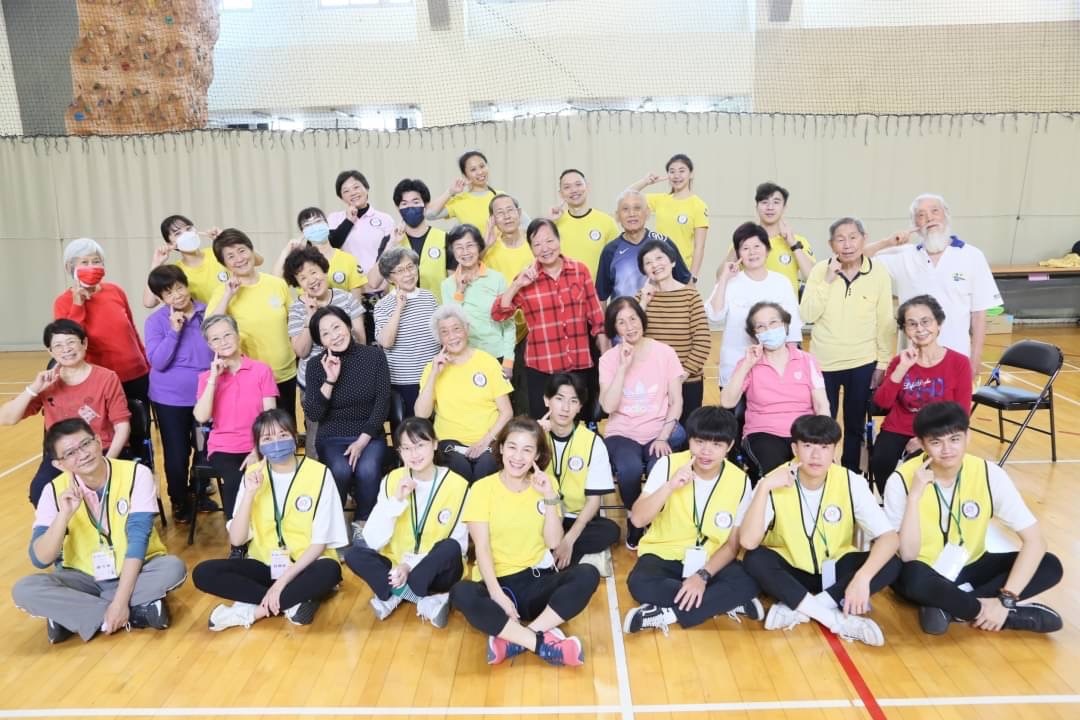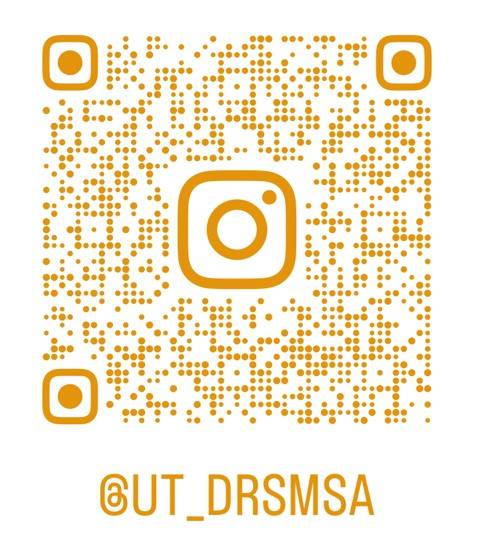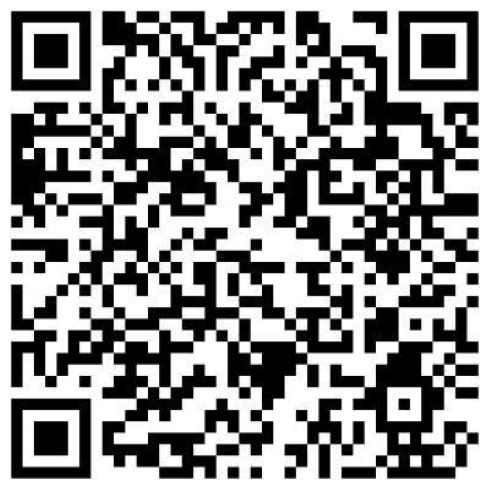Pictures

About program
|
Department of Recreation of Sport Management ------------------------------
|
Featured Programs
|
Featured Programs l The realm of leisure sports is the backbone, and the application of management methods is the latitude. Through the integration of theory and practice, the required study courses are arranged according to the students' abilities, emphasizing the exploration of practical areas and strengthening the application of research results. l In terms of professional fields, the scope of exploration includes leisure industries, sports management, health and fitness, sports venue operations, sports communication, and leisure and adventure education, aiming to establish characteristics for the development of the leisure sports industry. l Integration of theory and practice: students participate in workplace experiences to understand the work environment and gain practical experience. This allows theory and practice to be mutually verified and coordinated, achieving the best results of "learning by doing and doing by learning." l The feature of our department is that in the second semester of senior year, students can choose whether to do an internship off-campus or attend classes on campus for elective courses. Internship units are recommended by the department or negotiated by the students themselves.
|

